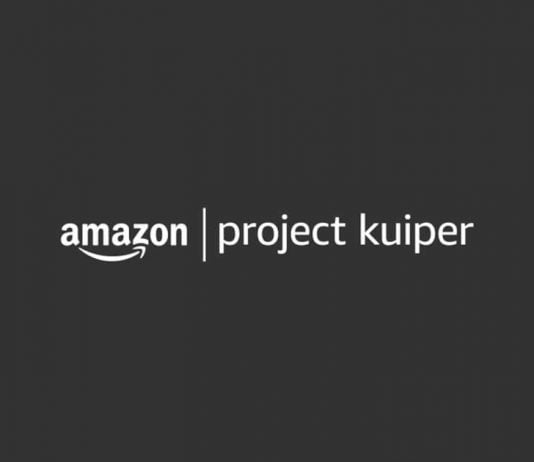Along with SpaceX’s Starlink, Amazon has joined the battle to control broadband satellite internet connections with Project Kuiper — a constellation of 3,236 satellites that aims to provide “high-speed and affordable” broadband to tens of millions of people around the world.
Former CEO Jeff Bezos’ company has been developing its solutions over the past few years, and 2022 could see the official debut of the first two Project Kuiper satellites.
The latest information on the new satellite constellation dedicated to high-speed internet connectivity comes from a New York Times article. According to reports, the first two satellite prototypes that will be part of Project Kuiper could be launched at the end of 2022. Amazon will invest approximately $10 billion in this project which will become an integral part of its business.
Project Kuiper has already received approval from the FCC (in 2020), and, according to plans, half of the constellation will be in orbit by 2026. Amazon plans to launch the first two satellites — code, KuiperSat-1 and KuiperSat-2 — on the new ABL Space Systems RS1 rocket from the Cape Canaveral Space Force Station in Florida.
This will allow to reduce the initial launch costs without using larger and more expensive carriers — useless in this experimental phase. This will also allow ABL Space Systems, which is still in the early stage, to gain experience and capital.
The purpose of the first satellites will be to test the connections between Space and Earth with the peripherals that will be distributed to consumers. Areas such as Asia Pacific, Central Texas and South America will initially be covered.
